High-pressure reactors are critical equipment used in various industries for conducting chemical reactions, catalysis, and material synthesis under elevated pressures. These reactors offer a controlled environment to ensure safe and efficient processes. However, before investing in high-pressure reactors, it’s essential to understand their pricing and the factors influencing it. In this article, high pressure reactor manufacturers will delve into the intricacies of high-pressure reactor pricing, explore its applications, and discuss the advantages it brings to diverse industries.
Understanding High Pressure Reactors
Before diving into pricing details, let’s grasp the basic structure and functioning of high-pressure reactors. These reactors consist of a robust pressure vessel capable of withstanding high internal pressures during chemical reactions. They are equipped with pressure gauges, safety valves, and stirring mechanisms for accurate monitoring and control.
Factors Influencing High Pressure Reactor Price
The price of a high-pressure reactor is influenced by several crucial factors. Understanding these elements is vital for potential buyers and industries planning to incorporate this equipment into their processes.
A. Pressure Capacity and Design
The primary factor determining the price of a high-pressure reactor is its pressure capacity and design. Reactors built to withstand ultra-high pressures come with a heftier price tag. Additionally, specialized designs tailored to specific applications may incur additional costs.
B. Material of Construction
The choice of construction material significantly impacts the performance and price of a high-pressure reactor. Reactors made from exotic materials that offer superior resistance to corrosion and high temperatures are generally more expensive than those made from conventional materials.
C. Safety Features and Compliance
High-pressure reactors must adhere to strict safety standards and regulations to prevent catastrophic accidents. The inclusion of additional safety features, such as multiple pressure relief systems and advanced monitoring instruments, can raise the overall cost of the reactor.
D. Automation and Control Systems
The integration of advanced automation and control systems can streamline operations and enhance the safety of high-pressure reactors. However, the inclusion of these features may increase the price of the equipment.
High Pressure Reactor Price Range
High-pressure reactors come in various sizes and configurations to cater to diverse industrial requirements. Consequently, the price range for these reactors can be quite extensive.
A. Laboratory-scale High Pressure Reactors
Laboratory-scale high-pressure reactors, with lower pressure capacities, generally fall into a more affordable price range. These reactors are ideal for research and development purposes in academic institutions.
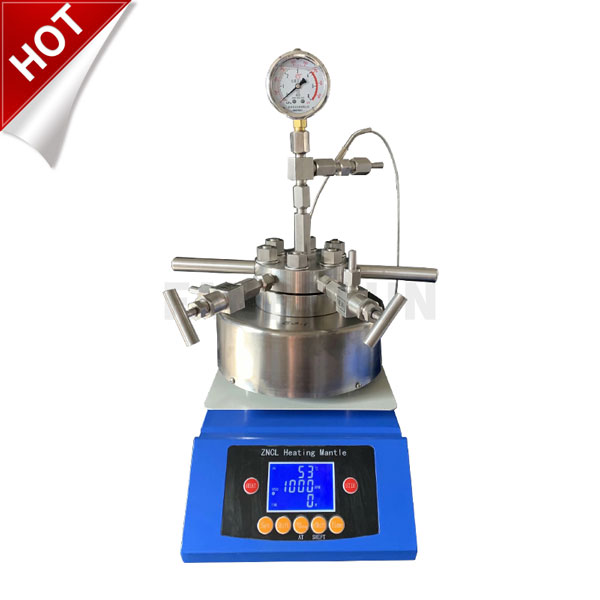
B. Pilot-scale High Pressure Reactors
Pilot-scale reactors, with a moderate increase in pressure capacity, occupy the mid-range in terms of pricing. They find application in scaling up processes from the laboratory to semi-industrial levels.
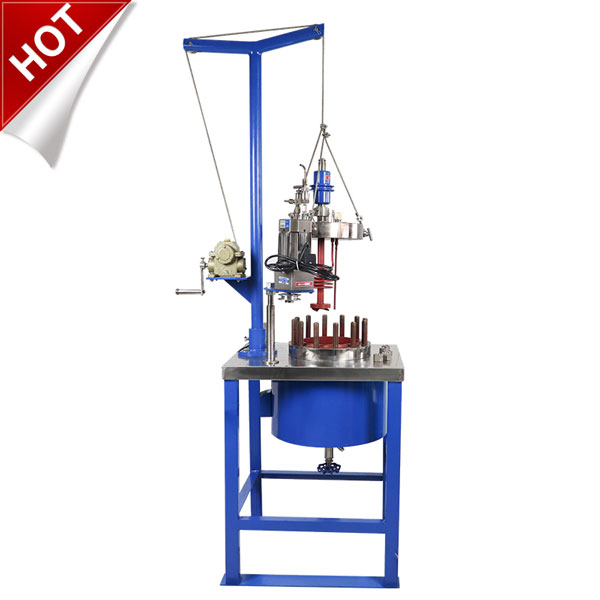
C. Industrial-scale High Pressure Reactors
Industrial-scale high-pressure reactors, designed for large-scale production, are at the higher end of the price spectrum. These reactors are engineered to handle substantial volumes and elevated pressures required for commercial manufacturing.
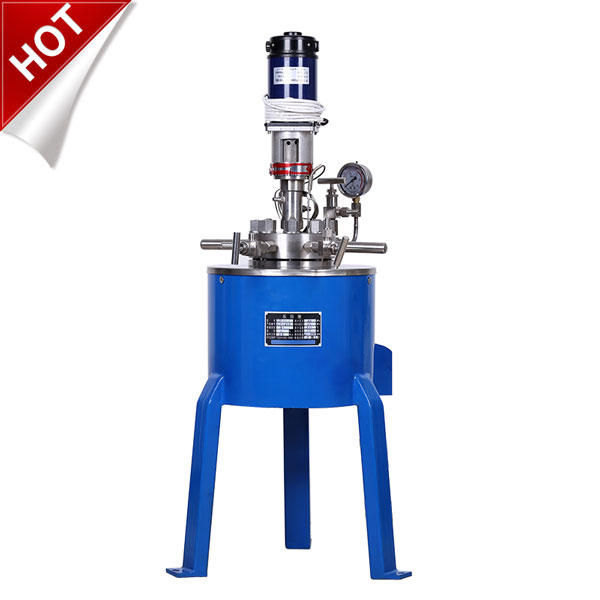
Application Case: High Pressure Reactors in the Petrochemical Industry
The petrochemical industry heavily relies on high-pressure reactors for various processes. Let us explore a case where high-pressure reactors play a crucial role in this industry.
A. Case Study: Hydrocracking Process
Hydrocracking is a vital process in the petrochemical industry that converts heavy hydrocarbons into lighter, more valuable products, such as gasoline, diesel, and aviation fuel. This process involves breaking down large hydrocarbon molecules under high pressures and temperatures in the presence of a catalyst.
B. Role of High Pressure Reactors
High-pressure reactors are the heart of the hydrocracking process. They create the ideal conditions to initiate the chemical reactions that lead to the fragmentation of heavy hydrocarbons. The catalyst within the reactor facilitates the conversion while ensuring the selectivity of the desired products.
C. Reactor Requirements
For efficient hydrocracking, the high-pressure reactor must have a substantial pressure capacity, typically ranging from 1000 to 5000 psi. Additionally, it should be constructed from materials capable of withstanding aggressive chemicals and elevated temperatures.
D. Cost-Benefit Analysis
Although high-pressure reactors used in hydrocracking processes come with a considerable price, the benefits they offer outweigh the initial investment. The efficiency of the process, along with the production of valuable lighter hydrocarbons, leads to increased profitability for the petrochemical companies.
Advantages of High Pressure Reactors Across Industries
High-pressure reactors find applications beyond the petrochemical industry. Several sectors benefit from the use of these reactors due to their unique advantages.
A. Pharmaceuticals and Biotechnology
In the pharmaceutical and biotechnology industries, high-pressure reactors enable the synthesis of complex compounds and pharmaceutical intermediates. These reactors provide the necessary conditions for producing high-quality products in a time-efficient manner, promoting advancements in medicine.
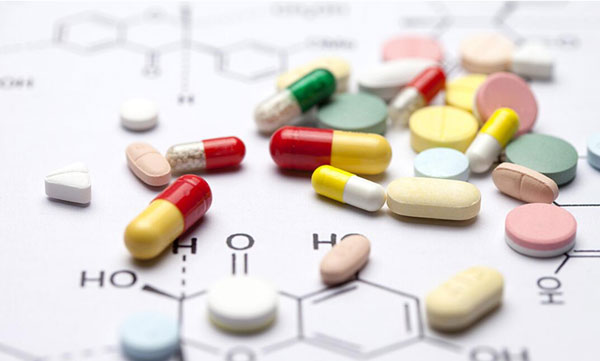
B. Food Processing
High-pressure reactors play a significant role in the food processing sector, particularly in the preservation of packaged food items. High-pressure processing (HPP) helps extend the shelf life of perishable products without compromising their nutritional value or quality.
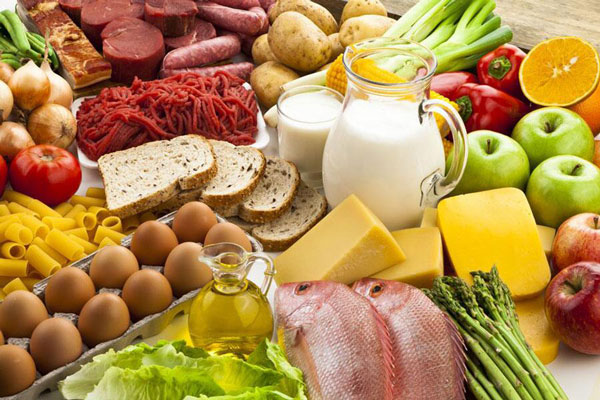
C. Material Science
In material science research, high-pressure reactors aid in the development of advanced materials with improved mechanical and chemical properties. The reactors enable researchers to simulate extreme conditions, allowing the discovery of novel materials for various applications.

High-pressure reactors are indispensable tools in several industries, enabling critical processes that demand elevated pressures. While the price of these reactors can vary significantly depending on factors such as pressure capacity, design, materials, and safety features, their value extends far beyond the initial investment. With numerous advantages and applications, high-pressure reactors continue to drive innovation and progress in various fields, making them a valuable asset for industries striving to achieve excellence in their respective domains.
